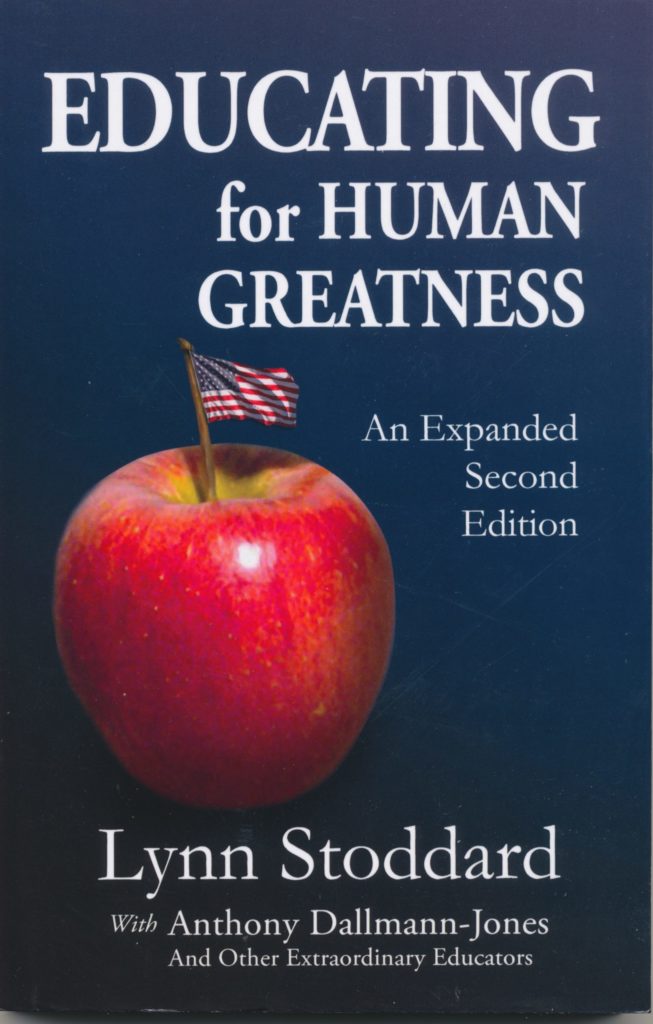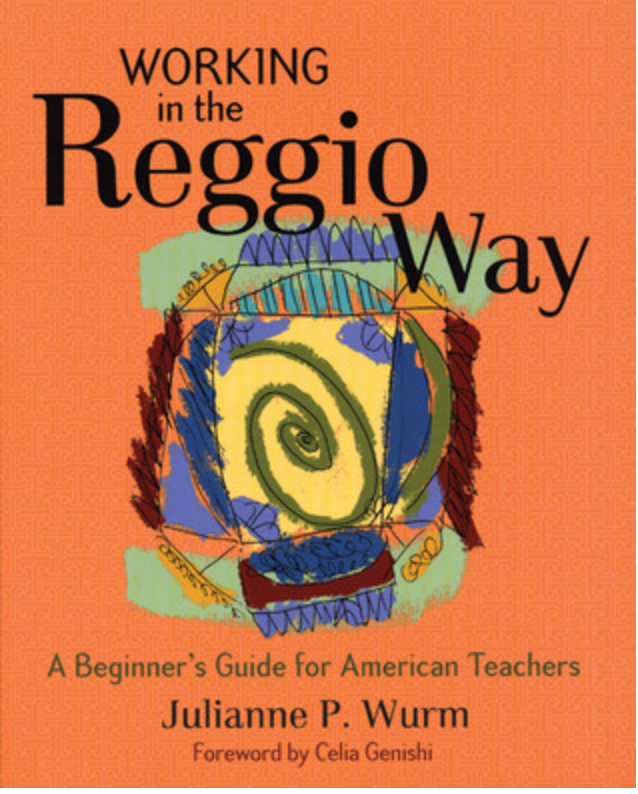It’s time to let the wholeness of the child engage with the wholeness of the world.
WHAT IS
AND HOW DOES IT WORK?
To the extent that we narrow the purpose of schooling to what can be measured, we fail to
engage those sides of children that must be developed in order for them to pull learning
from life. We also increase the likelihood that
they will be bored, question the value of school,
and in some cases even drop out.
Instead of starting with the questions “How do we prepare kids to compete in the 21st century
global marketplace?” or “What will insure that graduates all have command of basic skills?”,
suppose we start by asking what qualities we want to encourage in children as they grow toward
adulthood.
Putney Central School
Putney, Vermont
A beautiful rural school with forest classrooms in Putney, Vermont
Graciela Garcia Elementary School
Pharr, TX
The site visitor commends Garcia School leadership, teachers, and the entire community of parents, students, and friends of the school for creating a learning environment that ensures that every student at the school can become bi-lingual and bi-cultural.
OUR
RESOURCES
Educate the Whole Child expects to offer a graduate level 12-credit certificate–Teaching the Whole Child. It will consist of four online courses that may be taken as a series or independently. See details here.

Educating for Human Greatness
Stoddard dares to propose we teach as if we could make a difference in areas like integrity, initiative, and imagination. Subjects like reading, writing, and math are taught, but as tools to help grow the qualities of human greatness.
Learn More
Working in the Reggio Way
For an overview of the Reggio Emilio approach to education, Julianne P. Wurm’s book, Working in the Reggio Way: A Beginner’s Guide for American Teachers is an excellent resource.
Learn More